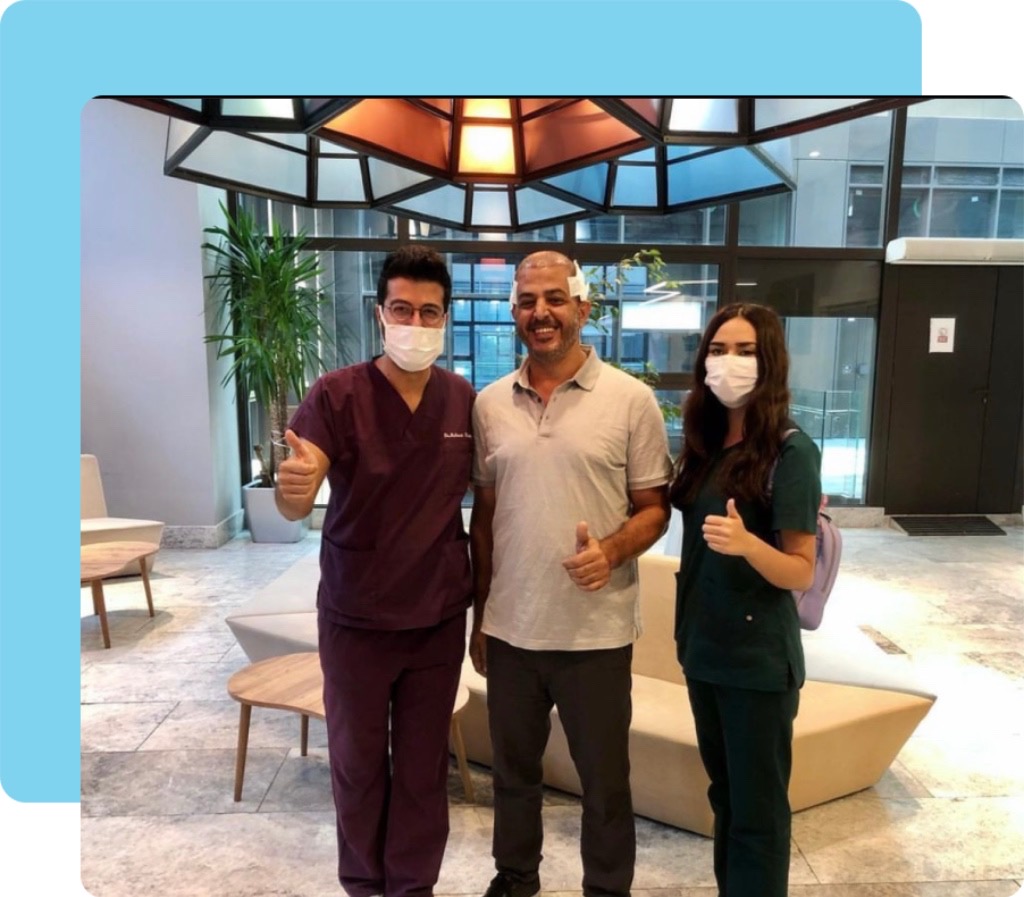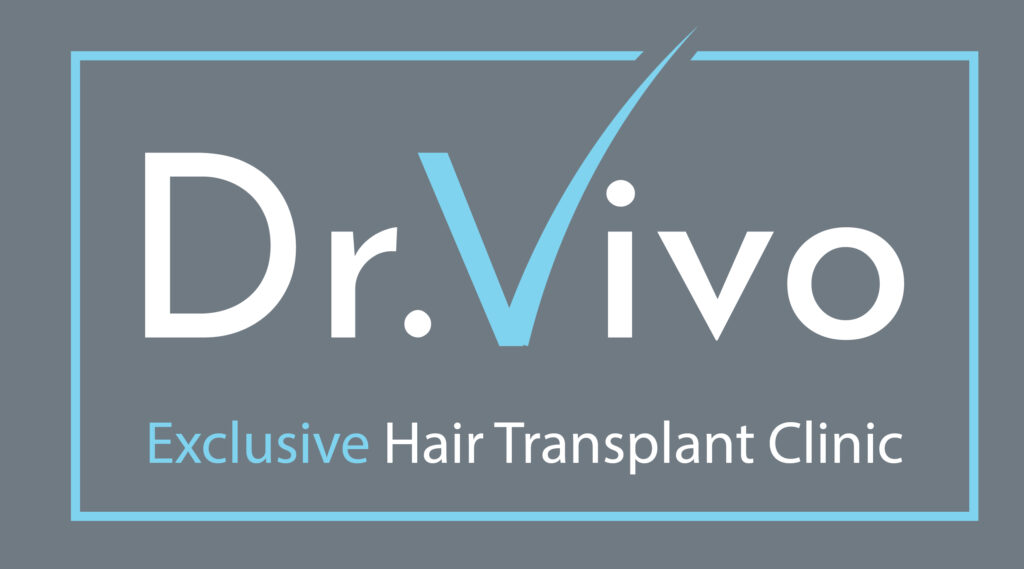Mustache Transplant in Turkey
Length of Stay in Hospital: 1 NIGHTS
Transplant Duration: 1 TO 2 HOURS
Anesthesia: LOCAL ANESTHESIA
Recovery Duration: 7 TO 10 DAYS
Scarring: NO VISIBLE SCARS
Success Rate: 95%
Treatment Details
A mustache transplant is a popular hair loss treatment for men. It may be performed as a single procedure; however, doctor often conduct mustache transplant treatment together with other facial hair transplants such as beard transplants or even eyebrow transplants.
In Europe, the mustache transplant procedure gained popularity in recent years along with a growing trend for maintaining facial hair rather than shaving it. It’s also worthy to note that the average mustache hair transplant cost is more affordable in certain countries than in others.
Patients usually opt for a mustache transplant in Turkey due to overall costs and the fact that it’s a tourist destination.
Mustache transplants, as well as beard transplants or eyebrow transplants, are usually performed by using the DHI (Direct Hair Implantation) or the FUE (Follicular Unit Extraction) techniques.
Both of these procedures offer great precision in the implantation process, which, in turn, allows the mustache transplant technician to be able to carefully design the new facial hair according to the patient’s wishes.
Also, offer one additional bonus, and that is the lack of visible scars in the donor area, which is not the case with other techniques, namely Follicular Unit Extraction.

Who Can Have Mustache Transplant?
Healthy individuals who have thin mustache hair for hereditary or hormonal reasons, or due to an injury, trauma, burn, or scar.
Mustache Transplant Treatment Duration
Mustache Transplant surgery takes 1-2 hours.
Mustache Transplant Side Effects
- Swelling
- Bruising
- Infection
- Bleeding
- Nerve Damage
- Scarring
- Need for corrective surgery
Mustache Transplant Recovery Time
During the recovery period of mustache transplant surgery, the crusts will begin to heal from one week to ten days and there will be no scarring. The results are natural, consistent, and permanent if the procedure is performed in good clinics and by experienced surgeons.
Mustache Transplant Success Rate
Mustache Transplant procedure has a success rate of 95%.
Mustache Transplant Alternative Treatments
There are no alternative treatments than a mustache transplant for regrowth of the damaged mustache hair follicles.
How Does It Work?
Just like in a hair transplant, mustache transplant doctors prefer using the FUE technique. The surgeon will harvest hair follicles from the donor area (mainly your head) and then implant them into the mustache area. If you don’t have enough hair in your donor area, the surgeon can also take follicles from your chest.
What Does a Mustache Transplant Surgery Involve?
Each and every mustache transplant procedure is customized according to every patient’s needs, preferences, and the clinic’s practices. To help you better understand, here is the mustache transplant step-by-step guide:
1. Online consultations
You will be asked to send some pictures of your face and head (from the front, left, and right sides of the face, mustache area, and the back of the head). After a doctor reviews your pictures, you will be told the approximate number of grafts that you need. During the online consultations, expect the following questions:
- Have you ever had a mustache transplant before?
- Do you have any medical conditions that we should be aware of?
- Are you currently taking any medication?
- What do you expect from mustache transplant surgery?
2. Final consultation with your surgeon
When you arrive at the clinic, you will have a face-to-face consultation with your mustache transplant surgeon. Part of the discussions will be about your expectations and goals. After this, the surgeon will make an illustration of what to expect by drawing marks on your new mustache line.
3. Medical Examinations
Before the surgery commences, your surgeon will examine your overall health state by making different tests such as physical and blood tests. When the test results are known, your final surgery preparation will begin.
4. Preparation for surgery
As part of your final surgery preparations, your surgeon will give you local anesthesia. This is done so that you don’t feel any sort of pain or discomfort during the procedure.
If your surgeon decides to use the FUE technique, the donor area will be shaved down. Suppose you have trypanophobia (fear of needles), you will have to let us know during the first consultation so that we get you a doctor who can make anesthesia without using needles.
5. FUE mustache transplant surgery
Once the anesthesia kicks in, the surgery will commence. Your surgeon will extract hair follicles one by one using microblade and micro punches. All extracted hair follicles will be stored in a container that has a special solution that keeps the grafts alive.
Depending on the number of hair follicles to be transplanted, it usually takes between 1 and 3 hours to complete the surgery.
6. Check-up after the operation
A day after the surgery, you will meet with your surgeon for a post-op review, and it is during this session that the surgeon will give you some guidelines to follow during the recovery period.
What Should I Expect After a Mustache Transplant Surgery?
- First of all, you should avoid wearying physical activities for the first 2 days.
- 6 days after the surgery, you can start a moderate exercise and weight lifting.
- You can swim after 10 days.
- You should avoid direct sunlight for the first 2 weeks.
- The graft sites will form scabs in 24 to 72 hours after the surgery, which will fall off in 4 to 6 days.
- You may begin to shave eight days after the procedure.
- Most of the transplanted mustache will fall out by 2 to 3 weeks.
- It will take up to 4 months for the newly transplanted mustache to grow.
Things You Should Do Before Surgery
- A week before the procedure, you should stop taking Aspirin and any other meds associated with blood thinning.
- If you are allergic to any drugs, you should inform your surgeon as soon as possible.
- Patients are advised to avoid smoking 24 hours before the surgery.
- Consuming any alcoholic beverages can affect anesthesia. So you should not take in anything alcoholic 24 hours prior to surgery.
- If you are taking meds for chronic or acute diseases such as diabetes and heart disease, you should inform your surgeon before the surgery commences.
FAQ
Is Mustache Transplant Painful?
You may feel pain or soreness after the procedure is done. However, your surgeon may prescribe painkillers to relieve this pain and discomfort.
Does Mustache Transplant Leave a Scar?
In FUE facial hair transplant procedures, no pain is felt during the procedure, and there are no sutures or scars after surgery.
When Can I Shave After a Mustache Transplant?
You can start shaving eight days after the procedure. Most of the transplanted hair will fall out in two to three weeks. After this normal process, hairs begin to grow again after four months. When the hair grows again, you can shave them normally.
Is Mustache Transplant Surgery Affordable?
Yes, the procedure will be more affordable abroad and cost less in popular medical tourism locations like Turkey. But some factors affect the Mustache Transplant Surgery cost, like the clinic’s location, the surgeon’s experience, and the technique used.
